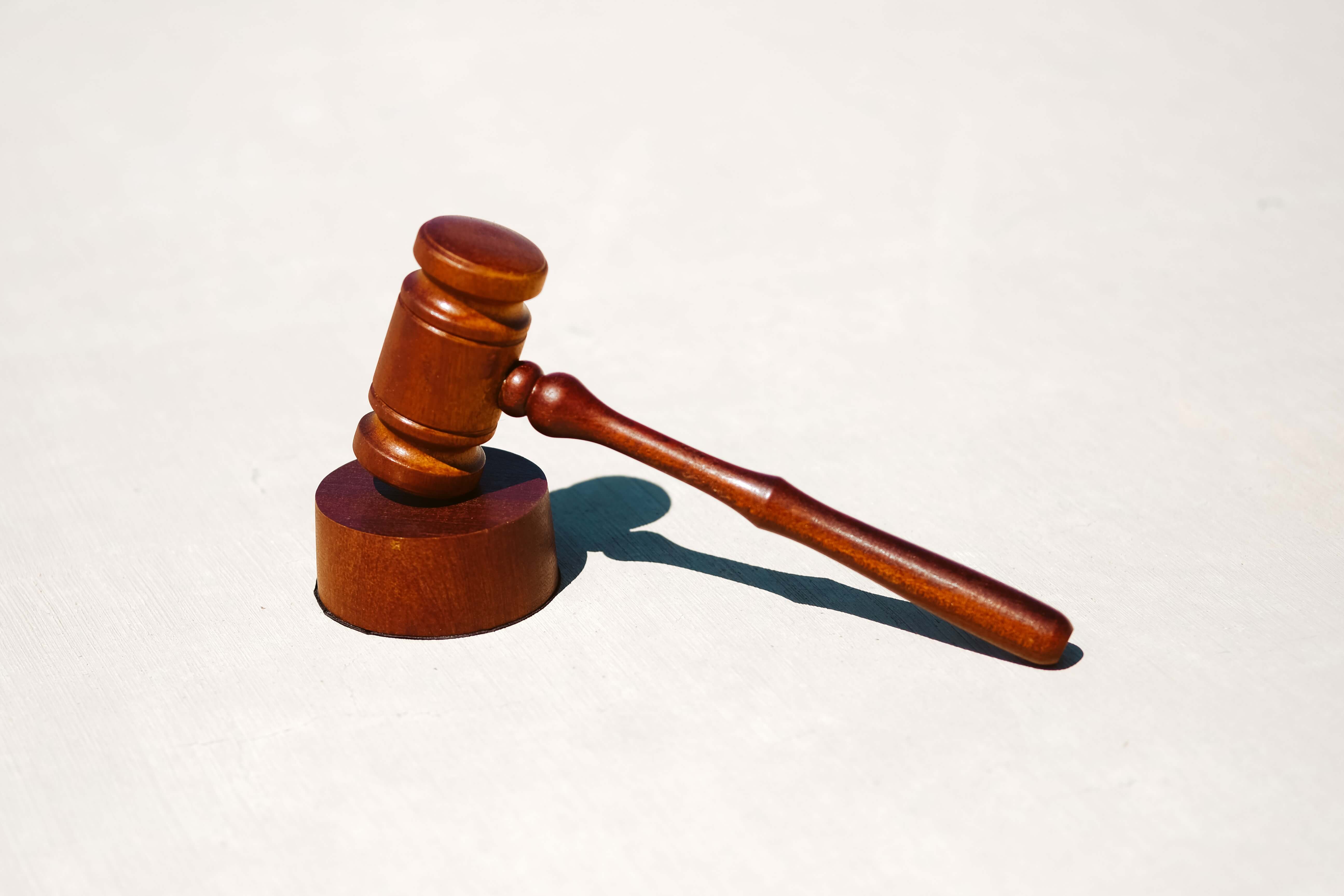Florida’s Insurance Commissioner Fined Universal Property and Casualty Insurance Company $1,260,000 after an extended market review found new and repeated statutory violations, some going back to 2004.
Florida’s policyholders have been hurt by these actions, and Universal has been ordered to pay.
This market review probably only scratches the surface of Universal’s improper actions. $1.26 million is a small, small, price, but at least the state has taken a step towards protecting Florida policyholders. The order details violations for claims handling, consumer complaints response, rate filings, financial transactions, and post-loss underwriting.
The press release from the Office of Insurance Regulation details the administrative fine:
“UPCIC is the second largest property insurer in Florida with more than $765 million in written annual premium and over 542,000 policyholders. The company represents an estimated 8.9% of the total Florida property insurance market and has been licensed to transact insurance business in the state of Florida since 1997.
UPCIC is ordered to pay an administrative fine in the amount of $1.26 million and to comply with pertinent portions of Florida Statutes and the Florida Administrative Code, as well as, submit reports, institute corrective actions and pay restitution, if and where appropriate pursuant to Section 624.4211, F.S.”
Our prior posts, What a Coincidence? Universal Property & Casualty Engages in Post-Loss Underwriting and Makes 30 Million in Profits; Robin Westcott, Consumer Advocate, Investigates Universal Property and Casualty’s Rescinding of Policies and Denial of Claims; Just How Poorly are Homeowners Insurance Claims Handled? A Call to Florida Policyholders, Part II, have outed Universal for its post-loss underwriting action. This order specifically states that Universal:
“Post-claim underwriting is a practice whereby the underwriting of a policy application is actually performed for the first time when a claim is filed. The practice reduces a company’s underwriting costs at the time of application as well as provides a subsequent opportunity to resolve deficient underwriting. Post-claim underwriting ab initio cancellations produce a hardship on the policyholder particularly when the homeowner suffers an insurance loss.
****
During the initial field work conducted by the examination team, the examiners looked at a group of 300+ policies that the company had cancelled ab initio back to the inception date of the policy. Due to this reported practice, it is evident that the company performs post claim underwriting.
****
In the policy provided to insureds, the plain language states that if a material misstatement is uncovered, the policy (if in-force 90 or more days) may be cancelled. If cancelled, the insured must be notified at least 100 days before the cancellation date takes effect.
****
The Office has determined that of the policies reviewed, 262 cancellations of policies in-force more than 90 days, occurring between March 2010 and May 2011 did not afford the insured the benefit of the cancellation provision of the Policy . . . . The Office finds this to be a violation of Section 627.4133, Florida Statutes.”
Also, the State called out Universal for the proof of loss form delay:
“The practice of requiring separate notarized Proof of Loss statements for claims that include multiple payments, (not including supplemental payments),when known exposures have already been determined by UPCIC’s adjusters results in unnecessary cost and claim delays as well as complaints from claimants. UPCIC is ordered to stop the practice of requiring separate Proof of Loss statements for claims that include multiple payments as described hereinabove.”
But Universal is not the only company that has taken these improper approaches to denying and delaying valid claims. When the leader in private policies is making 765 million in profits, it’s no wonder it is setting trends.
Will Universal pay or appeal?
Since this week’s order is non-final, UPCIC is entitled to request a hearing before an independent Administrative Law Judge with the Division of Administrative Hearings. The company has 21 days to elect such a proceeding.
Subscribe to our blog for prompt and automatic updates.




 Storm Damage
Storm Damage  Property Damage
Property Damage Appraisal Services
Appraisal Services Contact Us
Contact Us




.jpg)
 claims@ucspa.com
claims@ucspa.com Mon-Fri: 9:00am-5:00pm
Mon-Fri: 9:00am-5:00pm